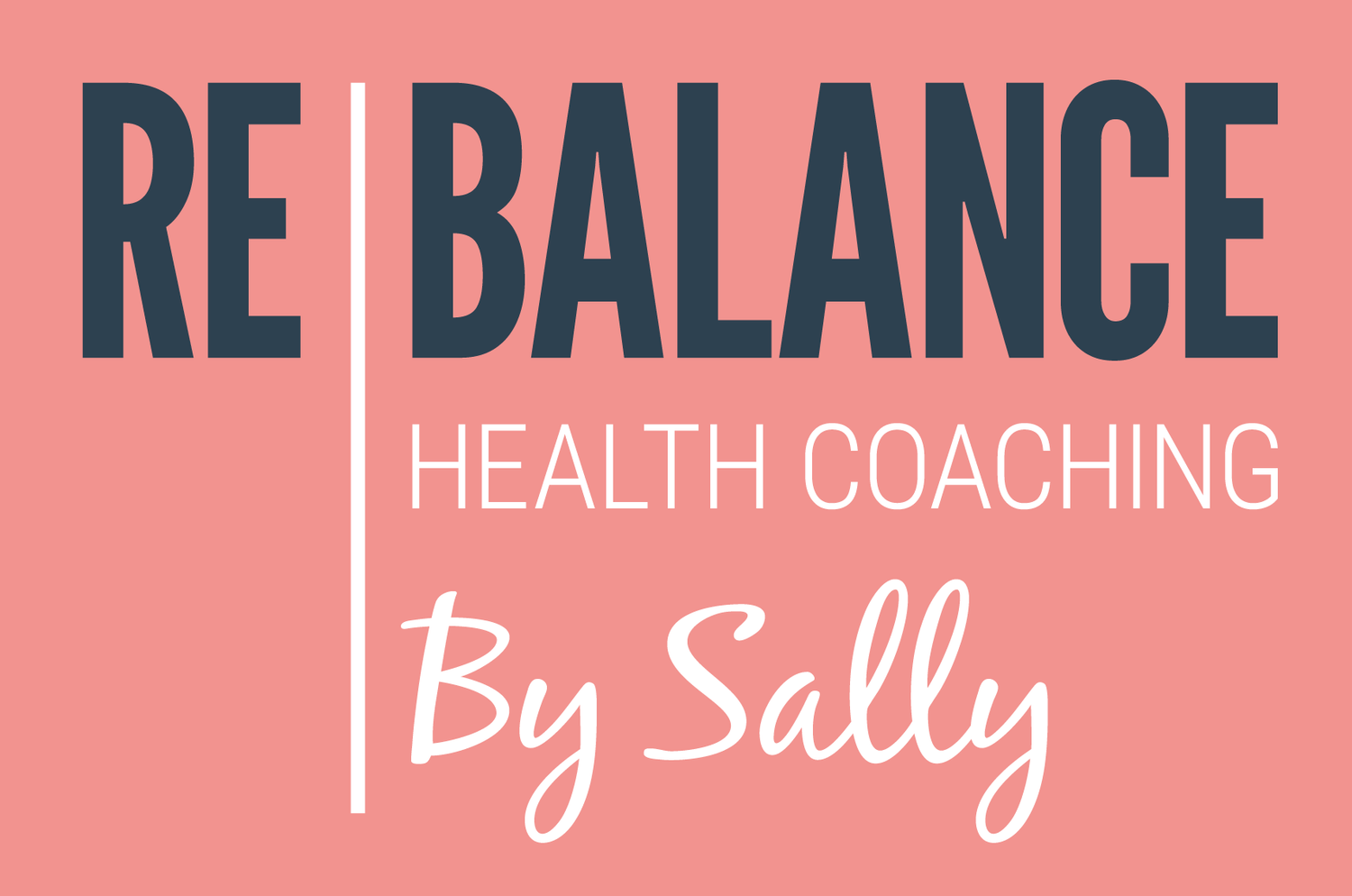Healthy Snacks & party Nibbles
In a world filled with tempting but often unhealthy snack options, making informed choices about what we eat between meals has never been more important.
Should you snack?
For optimal digestion, health and well-being, it’s recommended to have 3 nutrient dense meals per day. This approach helps maintain steady energy levels and provides a consistent intake of nutrients throughout the day. Ideally, there should be about 3 to 4 hours between main meals. This time frame allows the digestive system to process and absorb nutrients from the previous meal fully and keep your blood sugar levels consistent. It also gives your digestive system a break between meals and your body a chance to enter the post-absorptive state, where it can focus on other essential functions.
There are times however, when you’re busy, on the go or in social situations where consistent meal times aren’t possible. Healthy snacking is a good option in these situations so you’re not hungry and blood sugar levels remain stable.
When to snack
If you choose to include snacks, try to space them evenly between meals. Having a snack about halfway between breakfast and lunch or between lunch and dinner can help maintain blood sugar levels and prevent overeating during main meals.
Try to listen to your body. Eating when you're hungry and stopping when you're satisfied is a simple but effective way to support healthy digestion. If you’re getting cravings, pause for a minutes and think about how you’re feeling. Are you ‘really’ hungry or is there another emotional reason why you want to eat - bored, tired, angry, stressed? If it’s emotional eating rather than hunger, try to do something else instead, like go for a walk, call a friend, play with your kids or pet.
Avoid eating and snacking too close to bedtime. Leave 2-3 hours before bed to avoid digestive issues and sleep disturbance.
If you’re at a party or social occasion, use the 80/20 rule. If you’re eating delicious nutritious foods 80% of the time, 20% of the time you can enjoy other foods that you love.
What to snack on
Always choose whole food snacks rather than processed alternatives which are likely to be high in sugar, salt, artificial colours and preservatives. Snacks that include protein and fibre will help to keep you full for longer so that you don’t overeat. If you’re having fruit as a snack, combine it with protein to help balance blood sugar levels e.g. apple with peanut butter or nuts.
For recipes and ideas for healthy snacks and party nibbles, see our latest booklet
These are general guidelines and each individual is different based on age, activity level, metabolism and health history. We can support you with personalised nutrition advice, please do get in touch rebalancebysally@gmail.com

